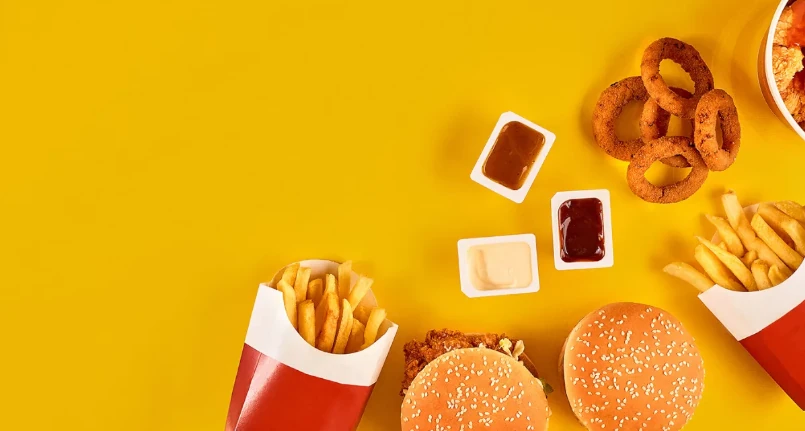Introduction
Salt has a bad reputation, but sodium is an essential mineral in the body. Electrolyte is critical in maintaining fluid balance , carrying nerve impulses , and supporting proper muscle contractions . Salt and sodium are not the same thing. Table salt is made from sodium chloride , not just sodium. One teaspoon of salt contains about 2.3 grams of sodium. Often the two terms are used interchangeably, to commonly define salt, but it is not the same substance. Sodium is a component of salt, a mineral that has as its main source in food table salt, but exceeding the amount of sodium in the diet can have harmful effects on health.
Salt requirement
Our body only needs a small amount of sodium. We should be getting about 1,500 milligrams of it every day. Too much salt can lead to strokes , heart disease and high blood pressure . Don’t exceed 2,300 milligrams of sodium per day, the maximum recommended amount which is equivalent to just one teaspoon of table salt.
Symptoms of excessive salt consumption
Bloating is one of the most common short-term effects of eating too much salt . Salt causes the body to retain water, so more fluid builds up. Foods don’t have to taste salty to be high in sodium. Sandwiches , pizza , bagels, and packaged foods in general can be subtle sources of salt. Swelling of body parts such as the face, hands , feet and ankles is a sign of excessive salt consumption. Another warning sign is raised blood pressure – although there are many reasons that contribute to high blood pressure, sodium consumption could be one of them. Too much salt strains the kidneys and makes it harder for them to get rid of unnecessary fluid. As a result, blood pressure rises. A sense of drought could also be a sign that you are eating too much salt. When this happens we become dehydrated because the body absorbs water from the cells and this causes a lot of thirst .
Did you know that…
When water is retained, weight may increase. Excess pounds accumulated quickly in a week or even in a few days, could be an indication of excessive salt intake. Likewise, urgency in urination and its frequency could also be due to the fact that salt can make you very thirsty, and encourage you to drink much more water.
Swollen fingers? Drink more
It is the typical signal: the fingers of the hand swell after a salty meal. The more sodium consumed, the more water will flow into an area. This is because water follows the salt through osmosis . While it may seem counterproductive to drink more water when you experience bloating, drinking lots of water can actually counteract the effects of excessive salt intake.
Insomnia and weakness from excess salt
Salt-rich and very tasty dinners can be an obstacle to sleeping well and cause sleep disturbances . Signs can range from sleeping restlessly, waking up often at night, not having a regular sleep-wake cycle, or not feeling rested in the morning . When there is too much salt in the blood , there is a greater sense of weakness, but there may also be a sense of nausea , diarrhea , abdominal cramps , gastric reflux .
Long-Term Effects Consuming too much salt
While there are many short-term effects to watch out for, there are long-term effects of consuming too much salt as well. It could increase the chances of developing headaches , heart failure , high blood pressure, kidney disease , kidney stones , osteoporosis , stomach cancer , and stroke.
How to reduce the use of salt
There are some simple dietary practices to observe in order to limit the intake of salt in everyday life.
- Choose fresh and uncanned, seasoned, pre-prepared meats .
- When shopping for frozen vegetables , choose those that are “fresh frozen” and not those with toppings or sauces already added.
- Read the labels and check the sodium content in the foods you buy (see further information box below)
- When choosing spices and seasonings, go for those that don’t list sodium on their labels.




